Program on Science, Technology and Society at HarvardHarvard Kennedy School of Government | Harvard University |
|||||||
|
|
Current FellowsThe Program on Science, Technology and Society at Harvard sponsors a small number of stipendary and non-stipendary fellowships each year at the Kennedy School of Government who conduct research and receive advanced training in Science and Technology Studies. For more information on the Fellows Program, click here. For information on past fellows, see the links on the left. Below are a list of the current fellows with the program and a brief description of their backgrounds and interests, with links to more detailed pages containing more detailed information. 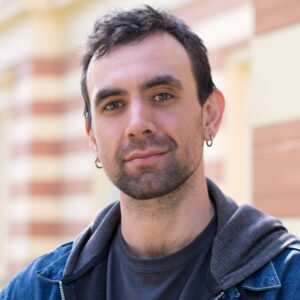 Theo AaldersTheo Aalders is a Humboldt Foundation (Feodor Lynen) Postdoctoral Fellow with the STS Program. His research focuses on unbuilt and unfinished infrastructure projects, labor organizing, infrastructure sabotage, as well as infrastructural ghosts and other horrors. 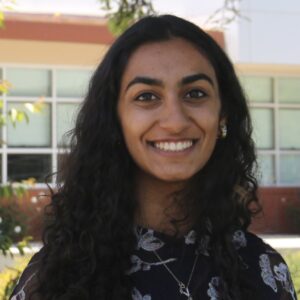 Aishani AatreshAishani Aatresh is a PhD student in Public Policy and Fellow in the Program on Science, Technology and Society at Harvard Kennedy School. Her research about science, technology and global order considers how ideas of the public good are intertwined with the knowledge that institutions produce to address uncertainty across scales. 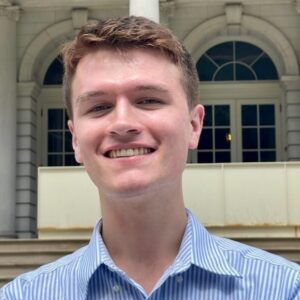 Henry AustinHenry Austin is the Program Manager and a Fellow in the STS Program. Previously, he was a Research Associate with the Global Observatory for Genome Editing. Henry holds an A.B. from Harvard College, where he studied Social Studies with a Secondary Field in Computer Science before graduating in 2023.  Keaton BoyleKeaton Boyle is a PhD student in Public Policy at Harvard Kennedy School on the Science, Technology, and Policy Studies track. He is interested in using the tools and sensibilities of STS to explore interactions between digital technology and legal theory, especially at points where the law draws boundaries between political and economic spheres. 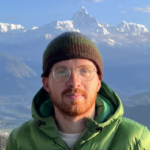 Nathan DaviesNathan Davies is a DPhil candidate at the Oxford Internet Institute and a Fellow in the Program on Science, Technology and Society at Harvard Kennedy School. His research examines how emerging technologies reshape political order, drawing on Science and Technology Studies, law, and the history of science to inform debates in public policy and AI governance. 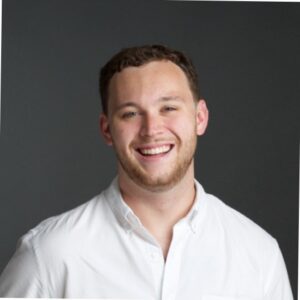 T.J. FoleyT.J. Foley is a Fellow in the Program on Science, Technology and Society at Harvard Kennedy School. His research focuses on the political, economic, and constitutional implications of emerging technologies. He combines archival and ethnographic work to examine how the rights and entitlements afforded in democratic governments are reconstituted via digital technologies.  Lou LennadLou Lennad is a PhD candidate in Public Policy on the Science, Technology and Policy Studies track at Harvard Kennedy School. In addition to being a Fellow in the STS Program, she is a graduate student affiliate of the Center for European Studies and the Weatherhead Center for International Affairs. 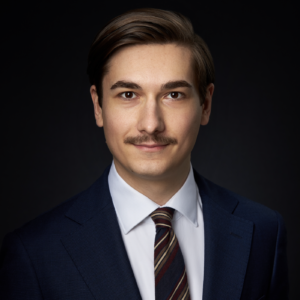 Krystian ŁukasikKrystian Łukasik is a PhD candidate in Sociology at the University of Warsaw and an Advisor at the Polish Economic Institute, where he works in the Department of the Digital Economy. His doctoral research focuses on how competing visions of the future influence the development of digital public policy in Poland. Specifically, he investigates how imaginaries held by state institutions, technology companies, and civil society actors intersect, compete, and shape national digital strategies.  Conor McGlynnConor McGlynn is a PhD candidate in Public Policy at the Harvard Kennedy School. He was a 2020-2021 Fulbright Scholar at the Wilson Center in Washington D.C. and a 2019-2020 Schwarzman Scholar at Tsinghua University in Beijing and previously worked in EU affairs in Brussels. He holds degrees in philosophy and economics from the University of Cambridge and Trinity College Dublin.  Guilherme RossoGuilherme Rosso is a PhD student in Technology and Society at the Federal University of Technology – Paraná (UTFPR) in Brazil, and a Fellow in the Program on Science, Technology and Society at Harvard Kennedy School. His research focuses on Science Diplomacy within the G20 multilateral framework, bridging Science and Technology Studies, public policy, and global governance.  Aditi Barman RoyAditi Barman Roy is a doctoral candidate in the Department of Humanities and Social Sciences at IIT Roorkee, India, and a Fellow in the Science, Technology, and Society program at the Harvard Kennedy School. Aditi’s research explores the bioethical implications of modern biotechnologies, particularly reproductive and genetic technologies, drawing on Science and Technology Studies, speculative fiction, and posthumanism. 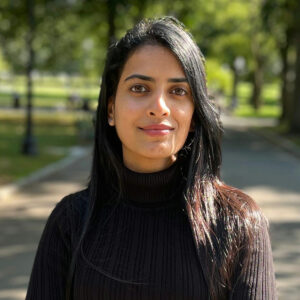 Rose SebastianRose Sebastian is the Bajaj Postdoctoral Fellow (2025) at Harvard’s Mittal Institute of South Asia Studies. Her longtime research interest in cultural studies, museum studies, and contemporary India has branched off to her current postdoctoral project on how the nation and its technoscientific modernity is imagined and narrativized in the science museums of post-independence India. 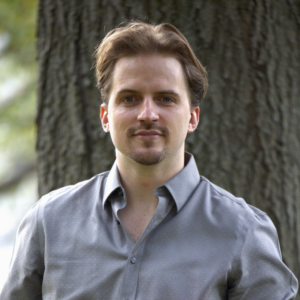 Hilton SimmetHilton Simmet is a Research Associate at the Research Institute for Sustainability in Potsdam, Germany and an affiliate of the Program on Science, Technology and Society at Harvard Kennedy School. His research uses the methods of Science and Technology Studies (STS) and political theory to examine the constitutive role that scientific knowledge plays in addressing questions of public policy.  Justin WongJustin Wong is a PhD candidate in Science, Technology and Policy Studies at the Harvard Kennedy School, as well as a JD student in Harvard Law School. His current research interests surround national framings of science and technology within global orders: how ideas of national interests and security are naturalised, how global orders are constructed, and how notions of ownership and sovereignty are stabilised and contested on national and international levels. His doctoral research seeks to engage China through a comparative lens, bringing together aspects of STS, law, IR, and East Asian studies. |
||||||